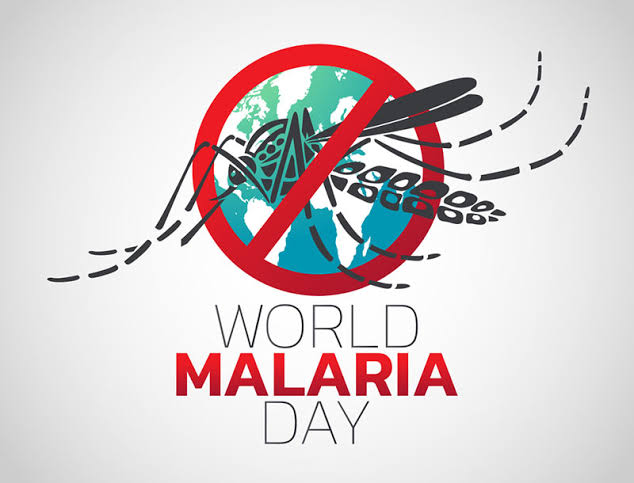World Malaria Day: Nigeria Accounts For 32% Global Malaria Deaths

Nigeria still accounts for 27 percent of global malaria cases and 32 percent of global malaria deaths despite efforts by relevant stakeholders to combat the problem.
About 55 million cases of malaria and 90,000 malaria-related deaths occur annually in Nigeria. The economic burden of malaria on the country was estimated at $1.6b (N687 billion) in 2022 and may increase to about $2.8b (N2 trillion) in 2030.
However, Nigerians are hopeful that the expected malaria vaccine for children will reverse existing ugly statistics to an extent, as data from the 2018 Nigeria Demographic and Health Survey (NDHS), showed that prevalence of malaria parasitaemia in children under five years of age was 23 percent.
The federal government, yesterday disclosed that Nigeria has submitted an application to GAVI for the RTS,S Malaria Vaccine allocation.
According to the minister of Health, Dr. Osagie Ehanire, the vaccine is expected to be in the country by April 2024.
RTS,S/AS01 vaccine (RTS,S) is the world’s first malaria vaccine shown to provide protection against malaria in children under five, and is the first-ever vaccine against a human parasite recommended for use by the World Health Organisation (WHO).
“The country has also successfully submitted an application to GAVI for the RTS,S Vaccine allocation. This is expected to be in-country by April 2024,” said Ehanire.
Medical experts have applauded the move by the federal government towards the procurement of the malaria vaccine.
A medical laboratory scientist, Innocent Ogiagbe, told me that the vaccine will help protect Nigerian children and reduce the rate of child mortality and morbidity in the country.
According to him, “Most children brought for diagnosis in the hospital always have malaria, with the help of the vaccine, hopefully, hospital admissions for children and deaths will be reduced.”
WHO regional director for Africa, Dr. Matshidiso Moeti, said the first malaria vaccine RTS.S Vaccine is saving lives, adding that “In Ghana, Kenya and Malawi, where nearly 1.5 million children have received the vaccine through a WHO-coordinated pilot programme, there is a substantial decrease in hospitalisations for severe malaria and a drop in child deaths.”
The global health body recommends that universal coverage with long-lasting insecticidal net (LLINS), remains the main stay for vector control for all people at risk of malaria, to be complemented by targeted use of indoor residual spraying where possible.
It also recommends a combination of population-based mass distributions and continuous distribution channels for LLINS to reach all population at risk.
In this regard, Ehanire said Nigeria has distributed over 130.42 million LLINS campaigns in 33 states and over 16.3 million LLINS were distributed through the continuous channels, (antenatal and immunisation clinics) between 2015 and 2020, while an additional 91,616,860 LLINS were distributed through campaigns between 2021-2022.
“We are working hard to ensure effective and efficient LLIN distribution through the use of innovative technology – ICT4D and similar applications,” he added.
NAN

